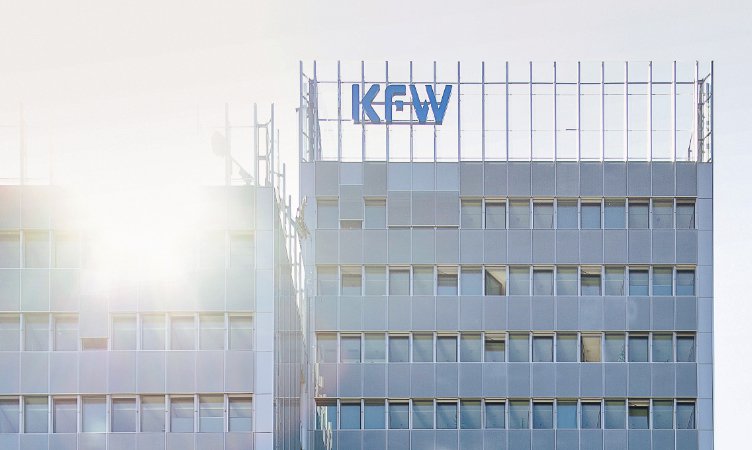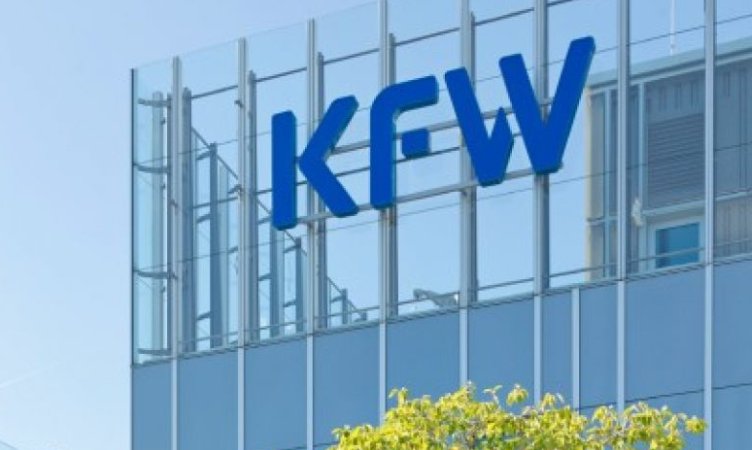Surveying expectations from year to year

In 2018, we intensified dialogue with our stakeholders and set up a stakeholder panel. Using an annual survey of selected experts, we will regularly identify what stakeholders expect of KfW. We will then use the findings to strategically improve the sustainability management and to identify key sustainability issues for KfW.
To ensure the long-term success of KfW Group, we must engage with our stakeholders at regular intervals in predefined formats and seek feedback that is systematically incorporated into decision-making processes. We ask what is expected of us from the outside and what future developments we should already be aware of today. We find answers to these questions through dialogue with external catalysts. What we learn helps us to identify and develop the key issues related to sustainability management. In the process, we make sure to involve diverse stakeholders and obtain a broad range of opinions.

Dr Günther Bräunig, Chief Executive Officer of KfW Group
We actively seek dialogue with our stakeholders in order to share opinions, perspectives and experiences. And controversial issues are also discussed. The stakeholder panel gives us the opportunity to engage in structured dialogue on a regular basis.
KfW stakeholder panel
To improve our stakeholder management, we set up a stakeholder panel in 2018. It consists of a defined group of representatives from business, politics and civil society. They are surveyed once a year about key issues of KfW Group.
We conducted the first survey in spring 2019 and interviewed nine stakeholders by phone. The interviews focused on the areas of action defined in the new KfW sustainability mission statement. The feedback helps us to better assess the relevance of the issues and the expectations of the stakeholder groups. The findings were presented to the CEO, Dr Günther Bräunig, and discussed together with him. They will also be a valuable basis for revising our materiality analysis in autumn 2019.
Overview of the KfW stakeholder panel and the main expectations

Goal
identification of key issues for the strategic further development of sustainability management

Respondents
nine representatives from the financial sector, non-governmental organisations, politics and associations

Method
expert interviews by phone











